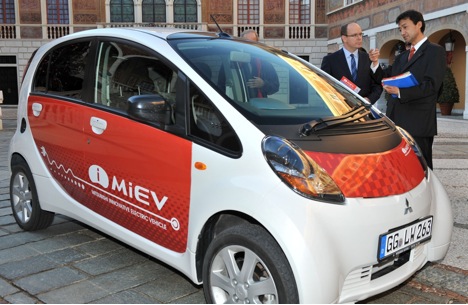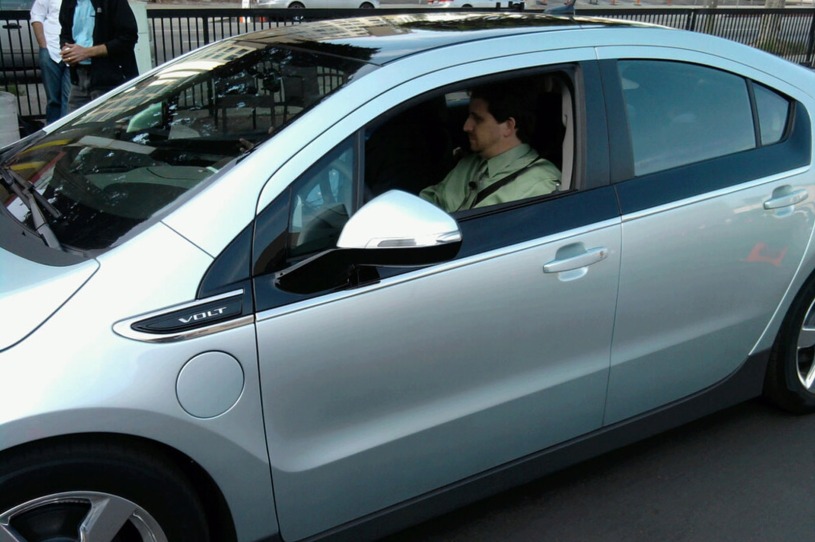Nissan has been criticized by consumers and EV owners alike for the online questionnaire that accompanies the signup process for reserving a 2011 Nissan Leaf.
As part of the process, Nissan tries to ascertain if potential customers have a lifestyle compatible with the Leaf's range, recharging requirements and specifications.
While many advocates and industry professionals support Nissan's decision to question prospective owners before selling them a 2011 Leaf, some consumers complain that Nissan's questions are too personal--and possibly elitist.
Some EV enthusiasts have even cited the questionnaire as a giant conspiracy to keep EVs out of the hands of the general public. But all successful companies find out customers' needs and then try to sell them the right product--and have been for years.
When was the last time you purchased a consumer gadget in a store? Chances are, you were asked about your requirements by a clerk before you handed over your hard-earned cash, to make sure it fitted your needs.
What about a computer? Imagine buying your mother a new PC if she knew nothing but how to turn it on. A good store clerk would point out that you don't need the high end gaming PC when all ma needs is something to check her email on. Good consumer electronics shops make sure their customers get the products which best suits their needs.
Similarly, a Realtor will sit down with clients and go through a lengthy list of requirements before finding that perfect house. It's their job to find their clients the right home.

Prince Albert of Monaco and Mitsubishi iMiEV
GM are painfully aware that the 2011 Chevrolet Volt is its chance to make amends for the now famous crushing of their previous electric cars, the EV1 and the Chevrolet S10 pickup. The last thing GM needs is a buyer who isn't suited to the 2011 Volt complaining to the press because it doesn't meet their needs.
Even more critical, the first Nissan Leaf owners must be fully versed on the car. Nissan wants early adopters to understand the lack of charging infrastructure, know the charge time at 110V will be painfully slow compared to 240V, and understand the limitations of a car you can't just fill up instantaneously when it's empty.
Not fully vetting new owners would be tantamount to commercial suicide.

Dave Thomas in the Chevy Volt
By asking potential owners how far they drive in a day, where they park, what power points they have available, and what type of driving they do on reservation, Nissan avoids unhappy customers, potential litigation and bad press.
Not incidentally, Nissan also helps handpick the best ambassadors for EVs that it can: enthusiastic, well educated drivers who know how to get the very best out of their EV.













